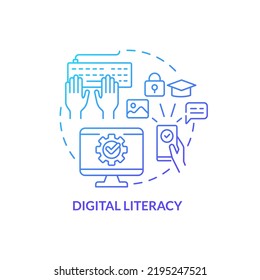
Applied Computer Technology: A Grade 11 Learning Experience (ACT 11)
Applied Computer Technology: A Grade 11 Learning Experience (ACT 11) is a dynamic, CAPS-aligned module designed to equip Grade 11 learners with practical knowledge and digital problem-solving skills in key areas of Computer Applications Technology (CAT).
This module focuses on three essential topics:
- Systems Technologies – Understanding computer hardware components, their functions, and how they interact to form a working system.
- Network Technologies – Exploring types of networks, their structures, purposes, and real-world applications in communication and data sharing.
- Solution Development: Spreadsheets – Developing analytical thinking through the use of spreadsheet software to create, format, and analyze data using formulas and functions.
Each topic includes clearly defined learning outcomes, engaging content, interactive teaching aids, and two online assessments with memorandums to reinforce understanding. The module supports both teacher facilitation and learner independence, making it suitable for classroom and remote learning environments.
- Teacher: Admin User



